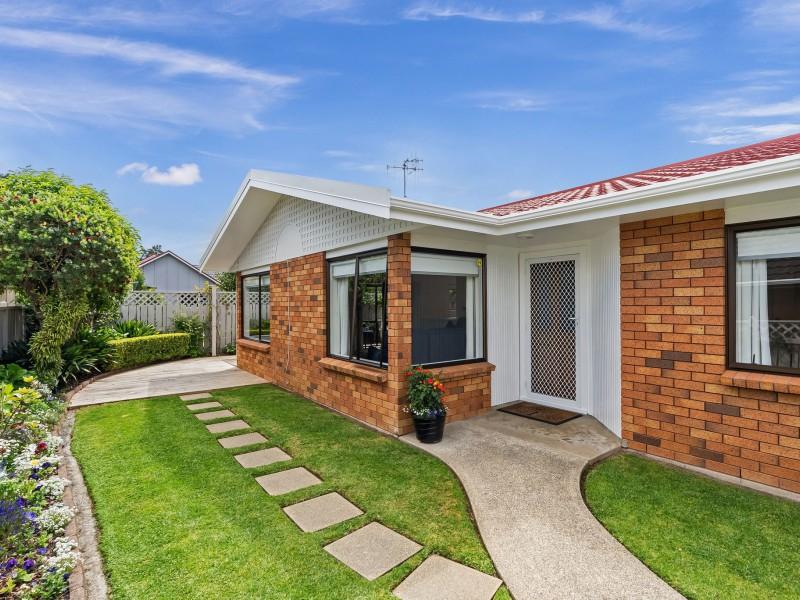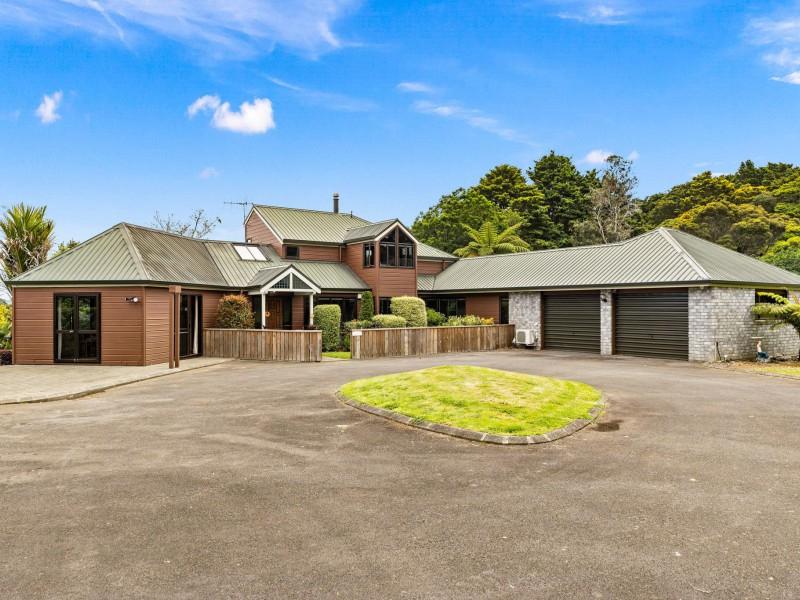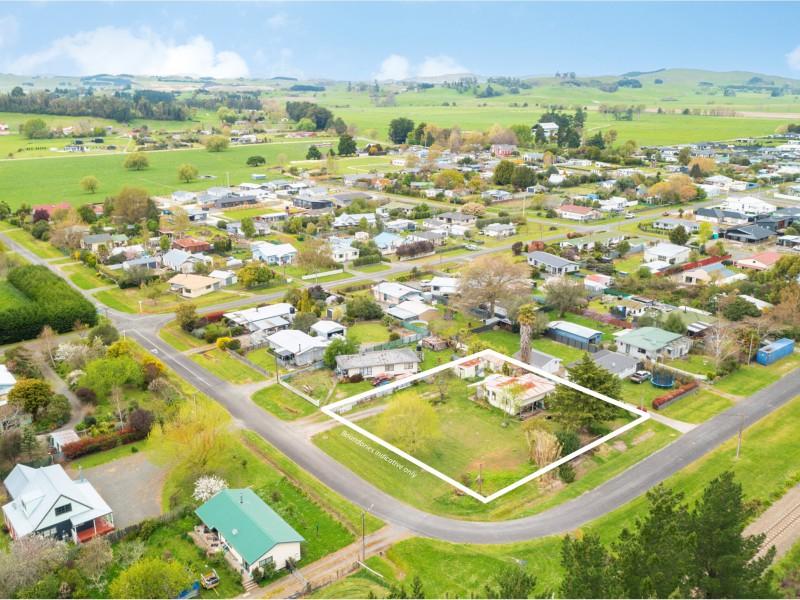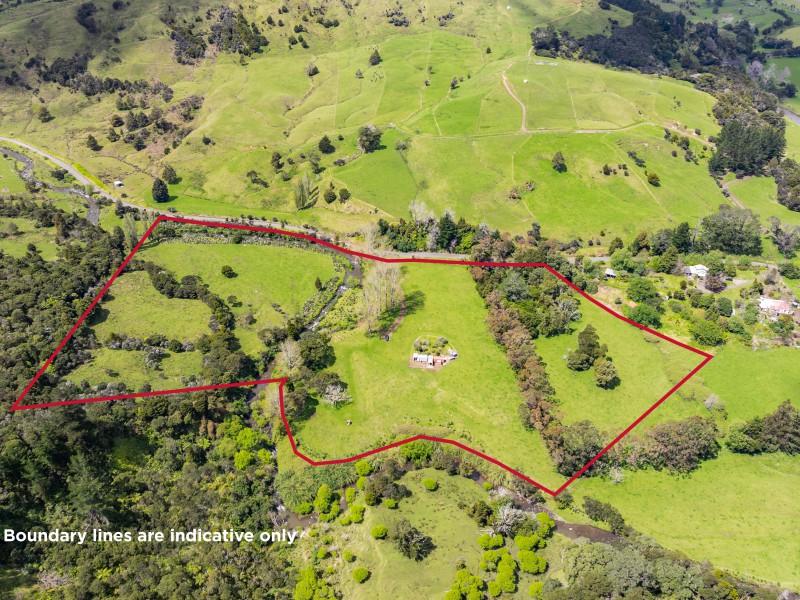Love food, hate waste, reduce emissions
According to Love Food Hate Waste, a food saver campaign which 60 New Zealand councils run, New Zealand homes throw away 157,398 tonnes of food per year, all of which could have been eaten. This is enough food to feed the whole of Dunedin for nearly three years, and costs the average household $644 a year.
New Zealand’s yearly food waste produces 409,234 tonnes of carbon emissions, as much as 137,511 Ford Ranger cars. In high-income economies like NZ, up to 35 percent of food is thrown out by consumers. In low-income economies, however, relatively little is wasted at the household level.
Unsurprisingly, reducing food waste is the third most efficient solution to reduce CO2 emissions and thus global warming and climate change. It's one of the few low-hanging fruit (pun intended), and a solution that is simple and cheap enough to allow all of us to make a contribution, without having to invest first.
It’s Riddle Time – You Might Need an Extra Cup of Coffee!
Nobody has ever walked this way. Which way is it?
Do you think you know the answer to our daily riddle? Don't spoil it for your neighbours! Simply 'Like' this post and we'll post the answer in the comments below at 2pm.
Want to stop seeing riddles in your newsfeed?
Head here and hover on the Following button on the top right of the page (and it will show Unfollow) and then click it. If it is giving you the option to Follow, then you've successfully unfollowed the Riddles page.

The tiger who came to tea
Trays are such a useful item to have in the home – they are obviously great for serving food and drinks, particularly breakfast in bed! Find out how to create your own with Resene wallpaper and Resene Colorwood wood stain with these easy step by step instructions.

Lovers Lane opens
It's open! This morning we held a blessing for the new pathway, bridge and boardwalk in Lovers' Lane that connects the Kamo Shared Path with the Raumanga Shared Path.
You can access it from Cafler Park, Second Avenue, or between the Central Library and the council building, Te Iwitahi. The walking and cycling pathway includes a new paved area, Te Ara Hīkoi ki Kauika (the pathway to Kauika), a replaced bridge over the Waiarohia Stream, and a new boardwalk in Cafler Park.
The design is by Littoralis, Hawthorn Geddes and Boffa Miskell, connecting to the natural environment and local history. The high quality of construction was by local contractors including Canam, Robinson Asphalts, Culham Engineering, Northland Metal Industries (NMI), Ezra Bell, BDX Engineering and more.
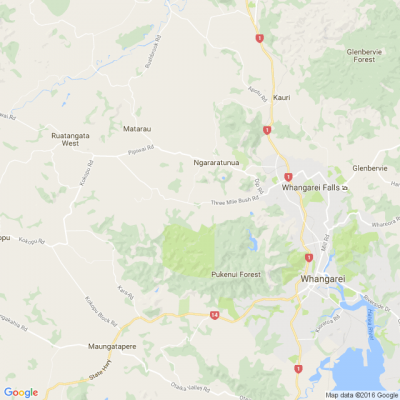
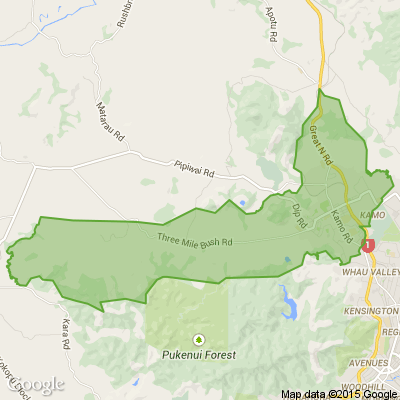







 Loading…
Loading…